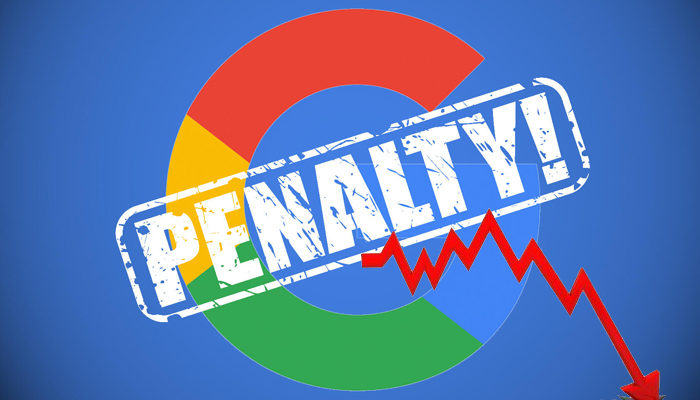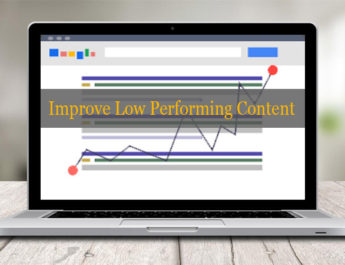Table of Contents
What Is a Google Penalty?
Newstricky| A Google penalty is a negative impact which affects the organic SERP or Search Engine Ranking Pages of a website. This is derived from the SEO perspective and is caused due to manual actions or algorithm updates. Any activity on the website which affects the Webmaster Guidelines of Google is termed as a penalty. There are two basic types of penalty, one is algorithm based and the other one is manual based. The algorithm based penalty is caused due to automatic updates while manual actions cause the other one. Both are international penalties for black-hat activities. There are a number of factors which leads to Google penalties. We have listed 7 ways to avoid Google penalties.
-
Don’t overuse Keywords
Your content needs to be simple yet interesting but surely not stuffed with keywords. In short, stuffing the content with repetitive keywords or phrases can affect the SERP of the website. It is true that keywords are very much important for the content as well as the website, but stuffing loads of keyword can be a disservice to your content. If you think stuffing will let Google notice your website then you are wrong. Google will penalize your site for manipulating the SERP’s.
-
Avoid Spam Structured Markup
With the help of structured markup or schema markup, you can effectively improve your SERP. It helps in discovering original content, indexing and organic search visibility. The Knowledge Graph of Google records some of this structured markup which helps in producing snippets and enhances visibility in local page listing. It also adds to the click-through rate of a website. With the introduction of spam structured markup, Google has issued penalties to those whose site is not used in the correct manner. Spammed structured data can harm the overall performance of a website.
-
Optimize Your Internal Links
In the past few years, Google has released a number of updates. These include the penguin update along with the panda and other updates. These updates are danger alarm for spam links. Even though Google pays more attention to the external links, but the internal links are equally important. These factors do not affect the SERP but surely causes damage to the Google crawlers. The internal links are the ones which you can control easily and these are also the ones which we neglect easily too. You need to optimize them carefully for better results and staying free of Google penalties. The internal links are also thematically linked to each other, so if one goes wrong, the others are dragged along.
-
Make Mobile Usability a Priority
In the recent past, Google has worked on the algorithm updates and released some mobile-friendly updates too. These updates help in enhancing the mobile user experience. The algorithm updates for mobiles suggests websites to be more mobile friendly and responsive. This helps in drawing traffic to the website and also reduces the chances of Google penalties.
-
Monitor Negative SEO
Nowadays negative SEO is a matter of huge concern for webmasters. The unethical practice of using negative SEO can create huge problems for your website. Negative SEO affect the SERP of the websites and often end up with Google penalties. Through negative SEO’s anyone can create bad links which later on can act as a work source as it affects the performance of the website. It is good to monitor negative SEO’s and bad links.
-
Bad User Signals
Google is one of the best search engines in the world and that is due to some reason. It is highly secured and pays great attention when it comes to user signals. It records all the data regarding the user experiences. If you don’t want your website to be trapped in Google penalty issues, then work on offering good user experience. You need to optimize your website’s technical performance in order to enhance user experience. Factors which affect the user experience are less time spent on the website, CTR, fewer returning visitors and high bounce rate.
-
Don’t Use Spun Content
It doesn’t matter what topics you choose to post on your website, but the content of those topic matters the most. Any website gets good traffic and ranks in the SERP’s on the basis of the quality of the content. Any content is of great quality when it is completely plagiarism free or in other words, it is not a spun content. Contents are plagiarized when you see great articles on other websites and tend to copy paste them on your own website. To own a website is not an easy task. You must rewrite contents copied from other sources or write fresh content for your website. Spun contents are easily detected by Google and penalties are charged on the basis of this act.




